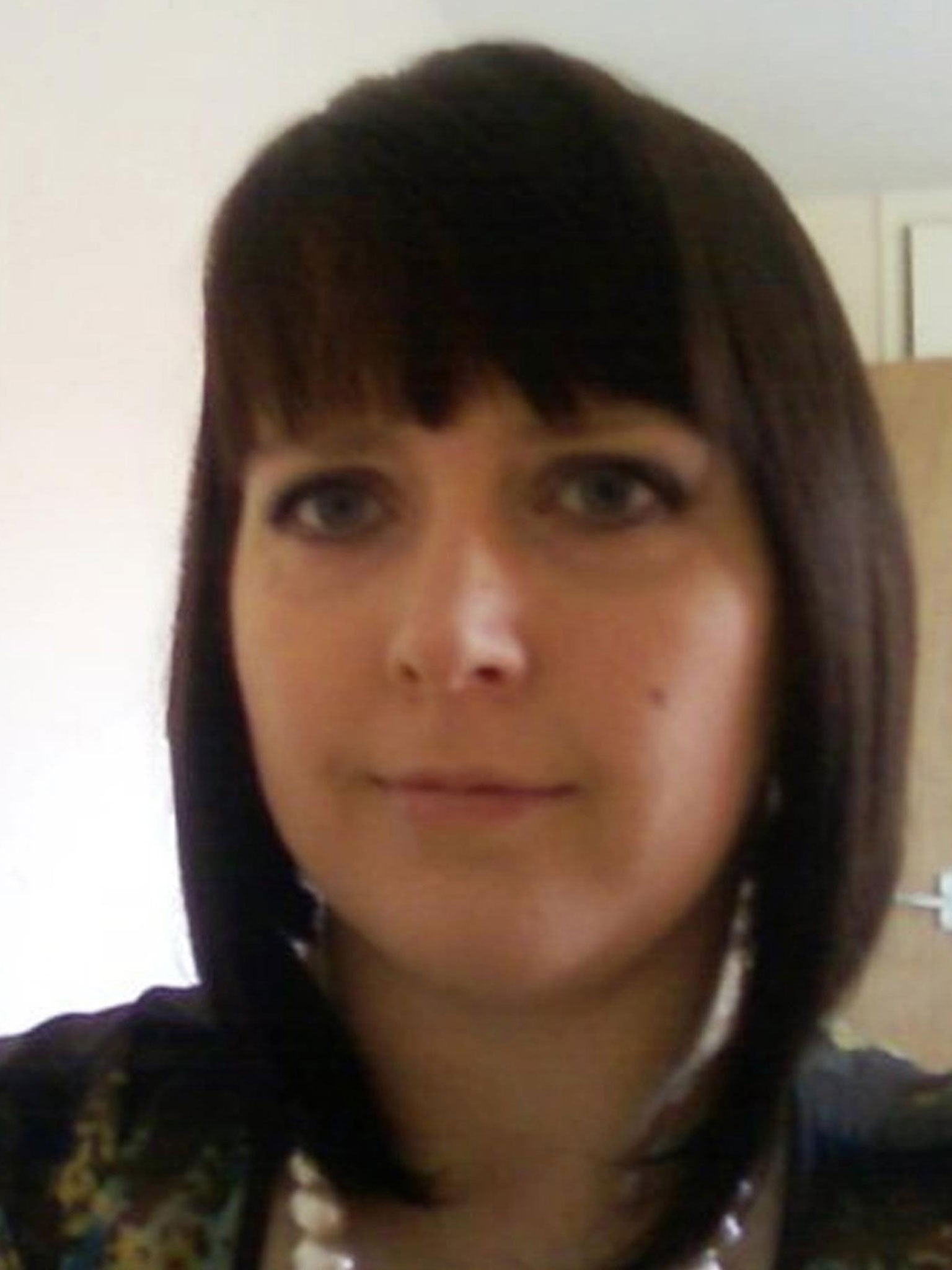'Clare's Law': Police urge women to help identify domestic abusers, after low take-up of scheme
Nearly 100 men with a history of abuse have been unmasked during the scheme's pilot

Women worried about potentially violent partners are being urged to contact the police following the low take-up of a scheme designed to reveal the histories of domestic abusers.
Police will today make a fresh appeal to women worried about potentially violent partners following the low take-up of a new scheme designed to reveal the hidden histories of domestic abusers.
Nearly 100 men with a history of abuse have been unmasked during a trial of so-called Clare’s Law which is designed to protect women kept in the dark by new partners about their violent pasts.
Women, family or friends can apply to police to delve into the prison, social service and criminal records if they have concerns and then be briefed at a private meeting if details emerge that pose a threat to safety.
Clare’s Law was first introduced to four forces trialling the scheme from July last year. Figures collated from the four forces – Greater Manchester, Gwent, Wiltshire and Nottinghamshire – indicate that women or close family have been told on at least 89 occasions of violent pasts. Women in those areas have made more than 250 requests for information.
Domestic violence campaigners said the take-up was “extremely low” and said that the programme was flawed, bureaucratic and more could be done by improving the initial police response to women’s complaints of abuse.
The scheme was introduced following a campaign by the family of Clare Wood, who was murdered by her former partner George Appleton in 2009. He had told Ms Wood that he had been to prison for driving offences, but she was unaware of previous convictions for harassment.
The figures collected from the four forces in the first months of the scheme showed that more disclosures, 52, were made in Greater Manchester than the other three forces. However, fewer people, 65, applied for intelligence on their partners in the highly-populated urban area than in Wiltshire where some 90 had applied for information.
Detective Superintendent Phil Owen said: “We would have liked to have seen a greater take up either from those in a relationship or from friends, relatives or neighbours concerned about the possible risk posed to someone they care about.
“It may be that somebody is in a relationship but isn’t happy about some of the behaviour of their partner. If warning bells are ringing, then these are the types of people we want to hear from.”
Sandra Horley, the chief executive of the domestic violence charity Refuge, said the numbers requesting information were “incredibly low”. She said that since only 16 per cent of victims of domestic violence reported the crime, the data used for the inquiries was flawed since most perpetrators were not known to police.
“It hasn’t been taken up in the way they were expecting,” said Ms Horley. “Refuge supports 2,800 women and children a day. It’s a big problem but the majority of women feel they have been let down by the police.
“Wouldn’t it be better to improve the initial police response? Police themselves say they haven’t got the resources to do this.”
Tony Lloyd, Police and Crime Commissioner for Greater Manchester, said: "It has already seen some good results but we need to continue raising awareness of the scheme and work together to rid society of this terrible crime which has untold, long-lasting effects on victims and, importantly, long-lasting effects on their children.
"Tragically, it's too late for Clare, but if Clare's Law stops even just one woman facing the same fate than that is a lasting legacy which hopefully brings some comfort to her family.”
